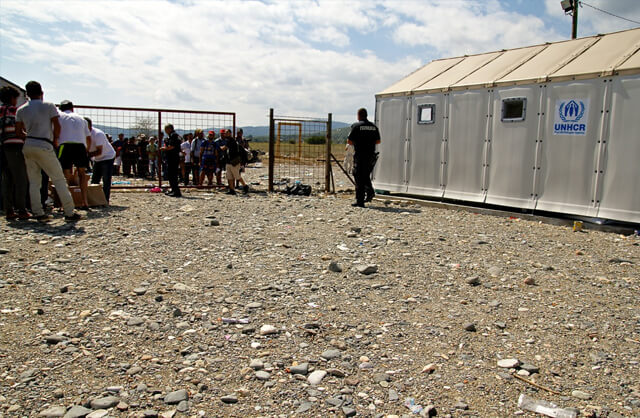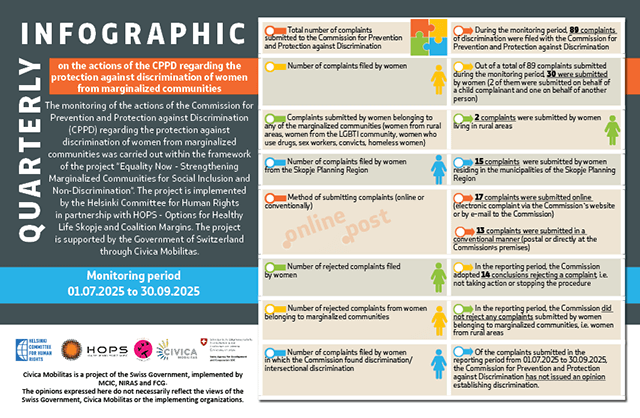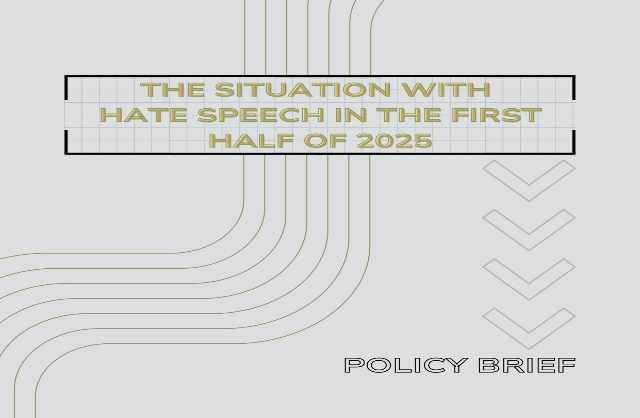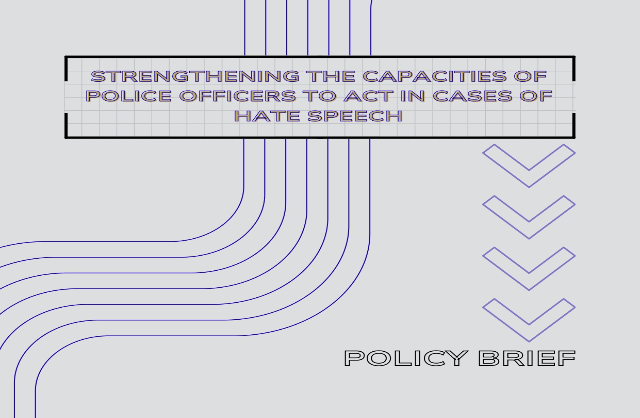The situation at the border crossings Gevgelija and Kumanovo for the period: 11.04.2016 – 17.04.2016
April 19, 2016

The weekly report on the situation at the border crossings Gevgelija and Kumanovo includes the following topics: Available facilities and conditions at the camp and Institutional treatment.
Gevgelija
Available facilities and conditions
The number of refugees in the camp was 135 at the start of the week, but by the end of the week it dropped to 127.
On 13.04.2016 the President of the Republic of Macedonia, Gjorge Ivanov, the President of the Republic of Croatia, Kolinda Kitarovikj and the Slovenian President, Borut Pahor, paid a visit to the camp. They stayed in the camp, but did not head toward Stone 59, considering the police reaction to the Idomeni refugees’ attempts to skip over the fence.
An improvised cinema theater has been set up in the camp, i.e. the place where hot drinks used to be given has now been adapted and films are screened through a projector. This sets a positive example on how to keep the refugees in the camp entertained.
The NGO La Strada have organized informal English lessons for the refugees in the camp – for men and women, in the evenings. The people working in La Strada are holding the lessons. We commend this activity which significantly aids in filling the refugees’ time and gives them the chance for education.
According to some of the refugees’ testimonies, rats had appeared in several of the cabins in the camp, which drove some of the families out in the open air where they are spending their nights.
Institutional treatment
Around 50 refugees were caught up by the police down Suva Reka on 12.04.2016. They were taken to the police station in Gevgelija. It remains unknown how they were further treated, apart from the fact that they were not taken back to the camp. Several more of these incidents occurred during the week. The refugees caught up on illegal roads are most probably deported back on Greek territory.
On 13.04.2016, a group of around 200 refugees from the camp in Idomeni, Greece, tried to cross over the wire fence protecting the Macedonian territory, in immediate vicinity of stone 59. Their attempt to cut the fence was thwarted by the Macedonian police, who deterred the group by using stun grenades and tear gas.
A case of domestic violence between the refugees was registered. A man with Syrian origin slapped his wife on the face because she refused to obey. Activists, interpreters and representatives of the Red Cross immediately intervened.
The Helsinki Committee urges the representatives of the Ministry of Labour and Social Policy to register the cases of domestic violence and intervene when necessary in order to prevent domestic or gender-based violence in the camp.
The refugees also complained against not being accompanied by an interpreter when going to hospitals for treatment. The refugees who are taken for a medical check-up in the city hospital must be accompanied by an interpreter so that they can be fully informed by the doctors about the diagnosis or medication they are given.
The complaints about the quality and quantity of food distributed in the camp continue. The refugees complain of bad quality food in insufficient quantities.
On several occasions the refugees expressed dissatisfaction with the lack of clothes. They mainly possess winter clothes, but the increases in temperature have prompted a need for summer clothes.
Kumanovo
Available facilities and conditions
At the start of the week (12.04.2016), there were 940 refugees in the camp. By the end of the week the number dropped to 787 refugees (16.04.2016), coming from Syria, Afghanistan, Iraq, Iran and Pakistan.
There is ongoing work in the camp for improvement of the hygienic conditions around the kitchen, by setting up paving slabs in its vicinity.
The refugees who are accommodated in the tents in the vicinity of the latrines are in a bad hygienic condition.
The situation with the food has improved and the refugees are more satisfied. However, the overall poor conditions in the camp seriously affect the psychological health of the refugees in the camp.
Institutional treatment
The situation in the camp is relatively peaceful, with sporadic disagreements between the refugees whereby the police reacted in several cases.
The NGO La Strada organizes activities for the children throughout the day, and in the evenings they hold English lessons for the refugees.

This report is made possible by the generous support of the Foundation Open Society Institute (FOSI) within the project „Improvement of the rights protection for migrants and asylum seekers in the Republic of Macedonia“. The contents are the responsibility of the Helsinki Committee for Human rights of the Republic of Macedonia and do not necessarily reflect the views of FOSI.


